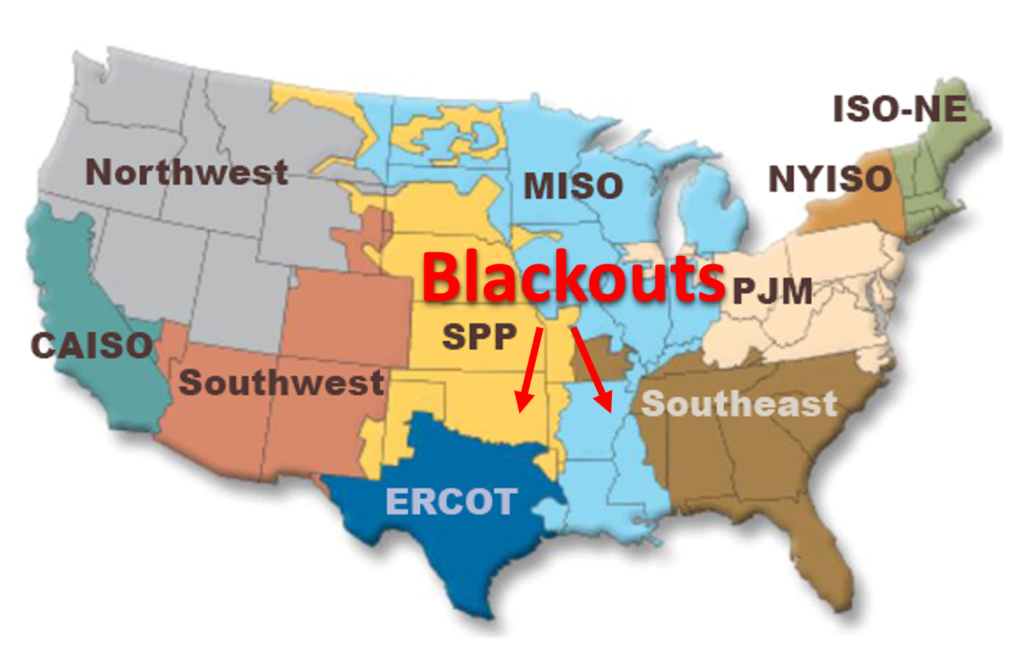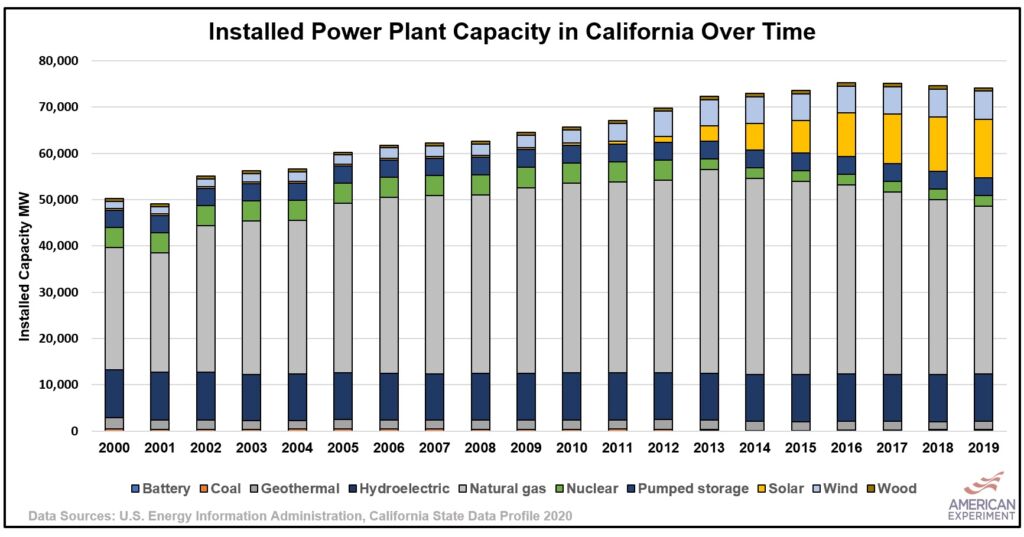No, an isolated electric grid didn’t cause the Texas blackouts
Renewable energy advocates have claimed that Texas had rolling blackouts because its grid, the Electricity Reliability Council of Texas (ERCOT), is isolated from the rest of the country, meaning Texas was unable to import power from neighboring states to keep the lights on.
ERCOT’s isolation from other regional power grids does prevent Texas from importing power during events like this, but being connected to other grids would not have helped in this specific circumstance because rolling blackouts were also affecting the 14-state Southwest Power Pool at the same time as the Texas blackouts, meaning these states would have had no excess electricity to spare during the Texas emergency.
Areas of the Midcontinent Independent Systems Operator (MISO), the grid system to which Minnesota belongs, also had blackouts in the Southern region, which includes Arkansas, Louisiana, Mississippi, and Southeast Texas.

This means even if Texas had been hooked up to other regional grids, it would not have been bailed out by them during the blackouts because you can’t import power from states that don’t have any to spare.
This is why California experienced blackouts in August of 2020. California is connected to other states but still experienced blackouts because it has shut down too much of its reliable nuclear and natural gas plant capacity and is overly reliant upon electricity imports. California was connected to other states, but Arizona and Nevada didn’t have any power to spare, so California went dark.
The lack of reliable generation capacity in California was not a result of poor planning. It was the result of political decisions that led to the shutdown of the state’s nuclear and natural gas plants in favor of wind and solar, despite warnings from the California grid operator that there would be a supply shortfall if there was a region-wide heatwave.

Politics trumped physics, and the people paid the price.
Being interconnected with other states on a regional does not necessarily mean we will be less subject to blackouts in the future. Our whole region will be at greater risk of the rolling blackouts seen in California, Texas, and SPP if we continue to close down our reliable coal plants and rely on greater amounts of wind and solar without enough reliable natural gas, nuclear, or hydroelectric power available to fill in the gaps.